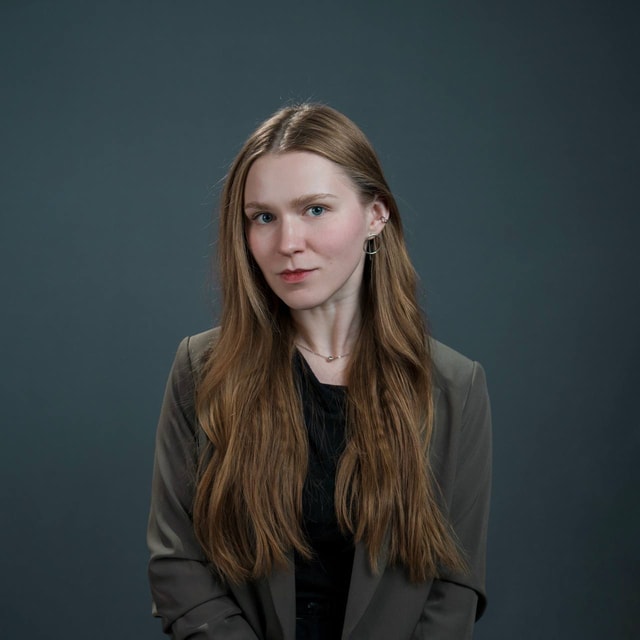Ukraine seeks to exchange pro-Russian collaborators for civilian hostages under new initiative

Ukraine's intelligence agencies launched on July 25 a project aimed at bringing back Ukrainian civilian hostages held by Russia in exchange for convicted pro-Russian collaborators.
The project, called "Khochu k svoim," (loosely translated from Russian as "I want to go to my people") is a humanitarian initiative developed by the Coordination Headquarters for the Treatment of Prisoners of War (POWs), military intelligence (HUR), the Security Service of Ukraine (SBU), and the Ombudsman's office.
The information about convicted Russian agents, traitors, and collaborators who helped Moscow in the war against Ukraine will be published on the website only with their consent.
"We are talking about people who do not consider Ukraine, European democratic values, or our state constitution theirs, but consider the aggressor state, Russia, their country. And they want to get there," HUR spokesperson Andrii Yusov told at a press conference in Kyiv attended by a Kyiv Independent reporter.
Since the start of Moscow's full-scale invasion, the SBU has opened over 7,400 criminal proceedings related to collaboration and aiding Russia, said Artem Dekhtiarenko, the SBU spokesperson. More than 1,000 people have already been sentenced under such cases, he added.
About 500 of all convicts have agreed to be exchanged under the program, according to Dekhtiarenko.
"What do we want more: a fair punishment for the traitor or the rescue of our citizens? Within this project, we choose to save our citizens," Yusov said.
Ukrainians can anonymously fill in a form to report people who collaborate with Russia, which will be verified by the SBU. Those who are currently aiding Russia will have the opportunity to stop doing so "under certain conditions," the agencies said without elaborating.
A total of 3,405 Ukrainians, including 161 civilians, have been freed from Russian captivity as of July 25.
Kyiv aims to conduct an all-for-all prisoner exchange, which was one of the subjects at Ukraine's peace summit in Switzerland in mid-June.
The exact numbers of Ukrainian troops and civilians in Russian captivity have not been made public. In late June, Ukraine's Chief Ombudsman Dmytro Lubinets reported there were more than 14,000 civilians.
Among the three categories of Ukrainians held by Russians – children, prisoners of war, and civilians – the return of civilians is "the most complicated," he said, because Ukraine does not have the option to carry out exchanges, and there is no legal process for their return.












